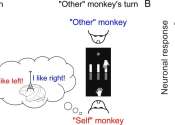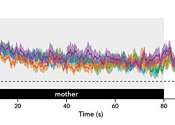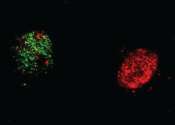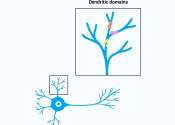Study links premature development of human neurons to brain developmental disorders
The mechanisms underlying intellectual disabilities or autism remain largely unknown. Researchers in the labs of Prof. Pierre Vanderhaeghen and Prof. Vincent Bonin at the VIB-KU Leuven Center for Brain & Disease Research ...
6 hours ago
0
0









